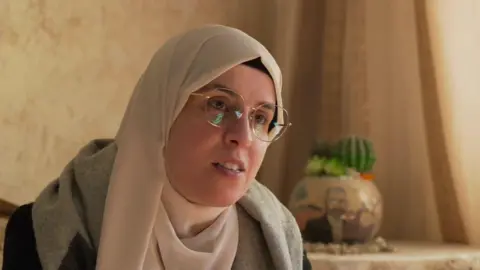 BBC
BBCOn her first day of freedom, Bushra al-Tawil was enjoying a morning coffee and looking forward to lunch when we arrived at the family apartment in Ramallah.
“In prison it was just hummus, hummus, hummus. Now, I can have something different,” she joked.
In the kitchen, there were hugs from family members and friends, her mother sitting at the table watching on, happy her only daughter was finally home as a result of the Gaza ceasefire deal that saw Hamas start to release hostages in exchange for Palestinian prisoners in Israeli jails on Sunday.
The 32-year-old journalist has spent more than five years in Israeli jails at various times.
She has always been held without charge, most recently since March 2024, apart from on one occasion when she was prosecuted over a talk she gave in a mosque.
“I am a journalist, she said. “I have the right to express myself.”
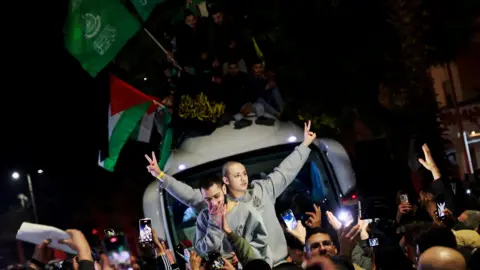 Reuters
ReutersIt is not the first time Bushra al-Tawil has been part of a prisoner exchange.
In 2011, she was freed along with 1,000 other Palestinian prisoners as part of the deal to release Gilad Shalit, the Israeli soldier who was held hostage in Gaza for more than five years.
Not long after that deal, she was quickly rearrested by Israeli forces.
She said that during her various arrests, she was badly beaten, threatened with being shot in the leg and having a cigarette stubbed out on her back.
In prison, she said, she was humiliated on a daily basis by the guards.
“The worst thing was not being allowed to wear my headscarf,” she said.
“And when we first entered the prison, I was made to strip naked.”
Israel’s prison service has said all prisoners are treated according to the law.
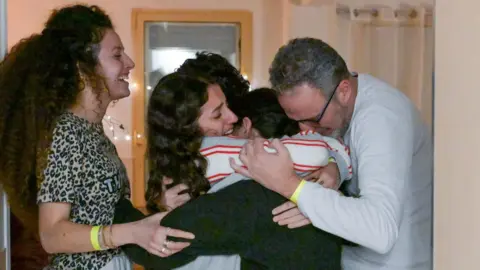 Reuters
ReutersThe young bespectacled journalism graduate is a conservative Muslim.
In the living room, on the wall is a picture of her father, Jamal al-Tawil, a prominent Hamas politician in the occupied West Bank.
He is a former mayor of the village of al-Bireh, just outside Ramallah. He has spent more than 19 years in an Israeli jail.
I asked Bushra if she supported Hamas.
“I don’t want to be rearrested,” she said, declining to answer.
I also asked whether she had any sympathy for the three Israeli hostages, young women like her, who were released from more than a year of Hamas captivity in Gaza on Sunday.
“We got to return back home, and they got to go back home,” she said.
“The hostages meant I got out. As long as there are hostages, prisoners like me will get their freedom.”
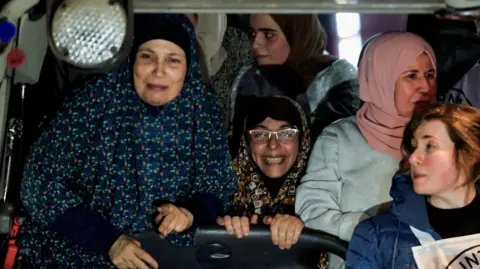 Reuters
ReutersThirty more Israeli hostages are expected to be freed in the first phase of the ceasefire deal, in exchange for about 1,800 more Palestinian prisoners.
Some of those prisoners have been convicted of much more serious offences, including multiple murders.
They are likely to be deported outside of Israel and the Palestinian Territories to countries like Qatar and Turkey.
But all of the Palestinians released on Sunday, among them several children, were convicted of relatively minor offences.
Many, like Bushra, were never charged at all and were held in Israeli prisons under what is called “administrative detention”, a process strongly condemned by human rights groups.
Israel’s military argues it often cannot release details of the charges people face, not even to the detainees and their lawyers, for security reasons, to avoid revealing the identities of informants.



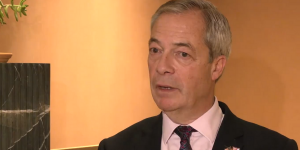








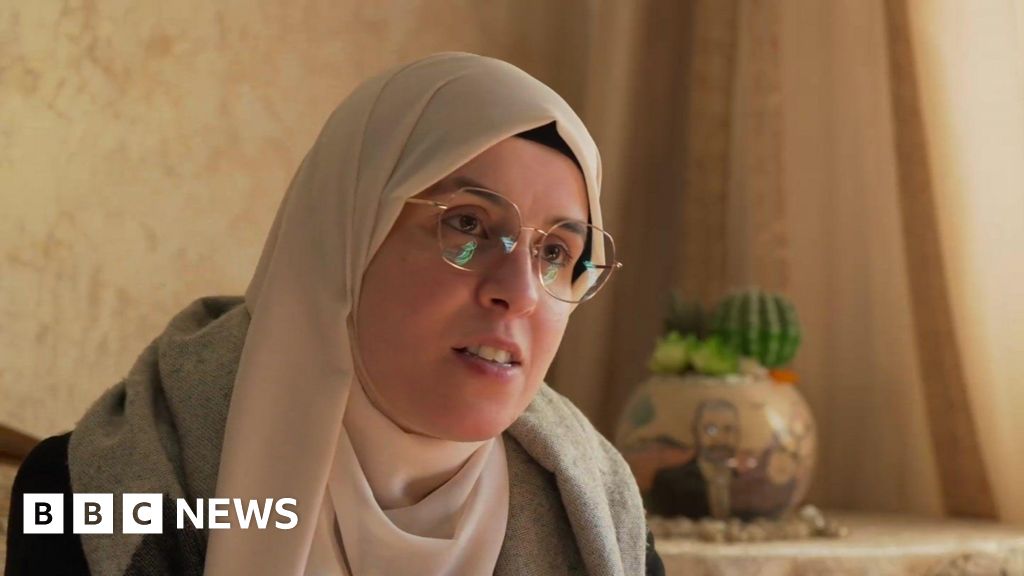

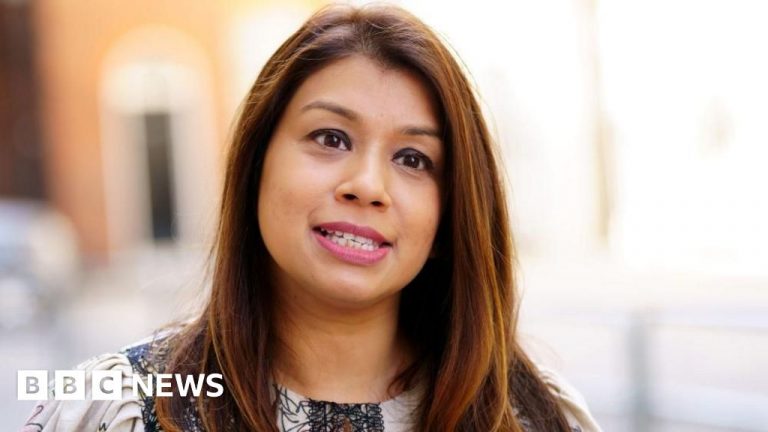
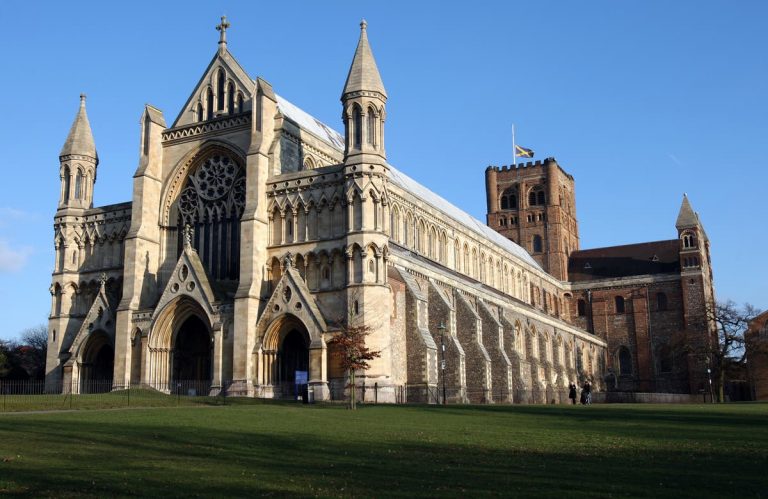
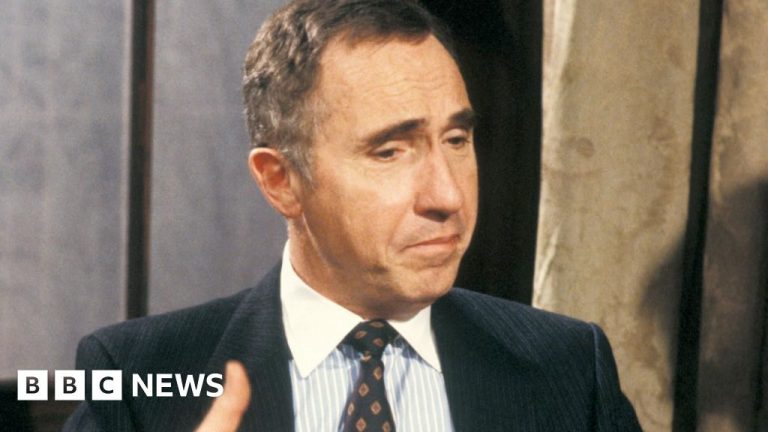
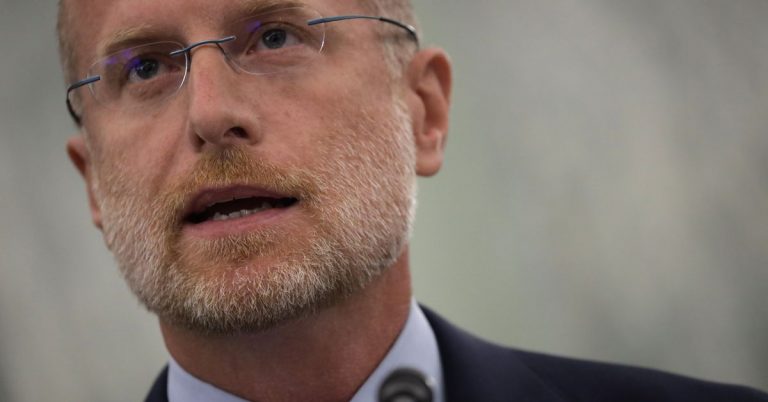
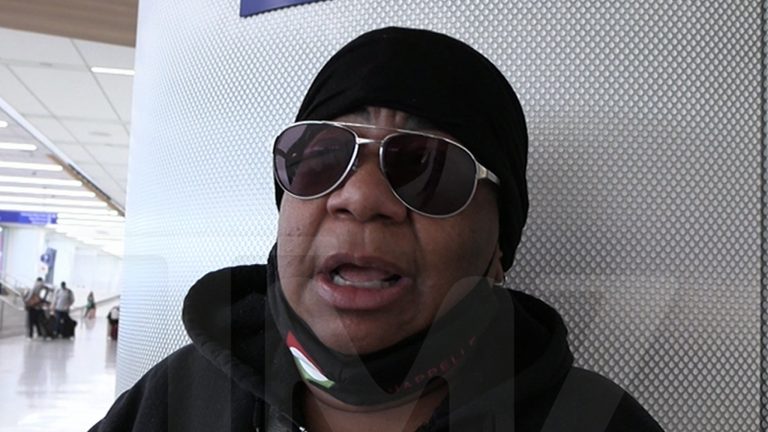


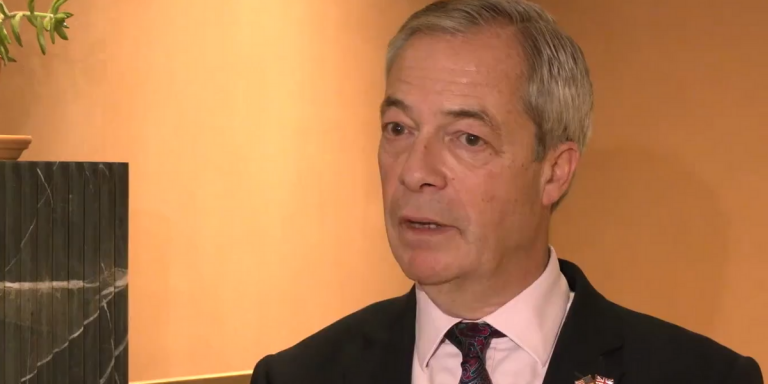



+ There are no comments
Add yours